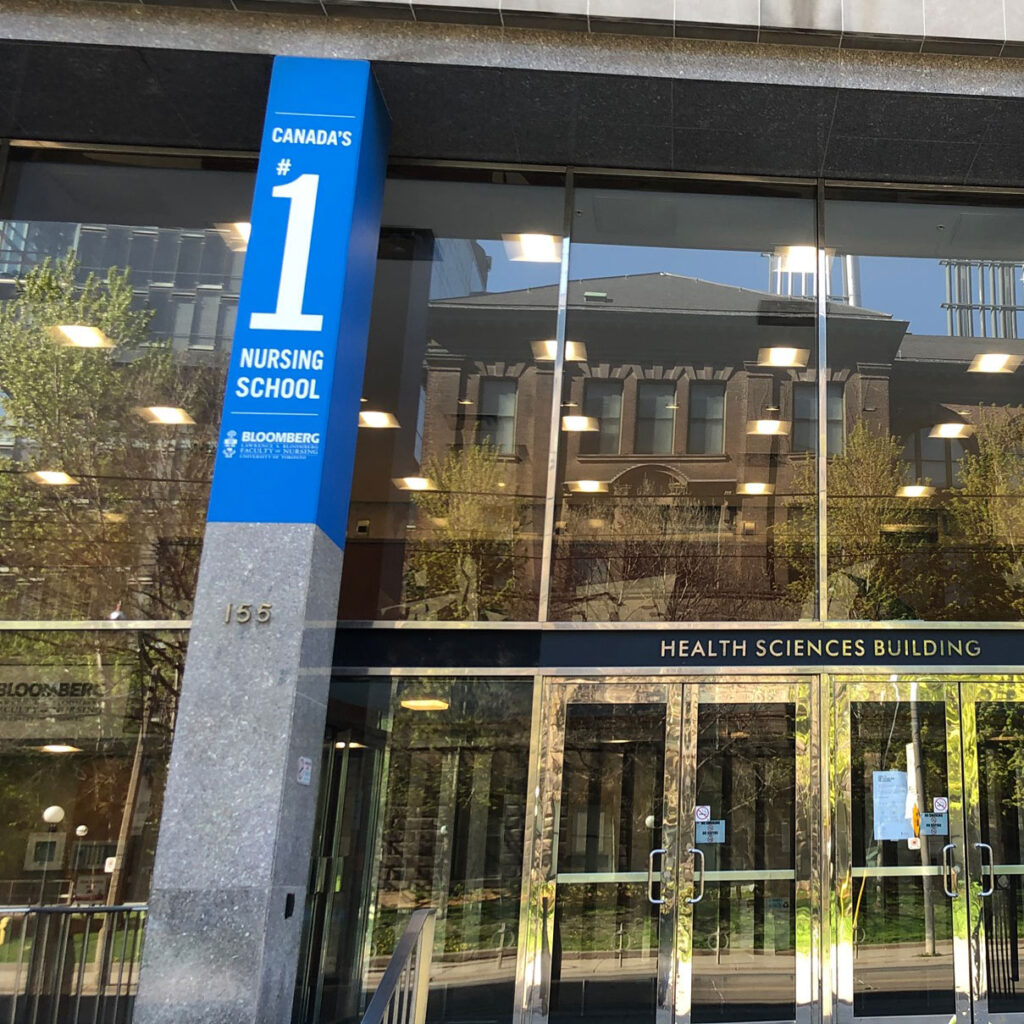Armstrong was also a public health nurse for over 10 years with Toronto Public Health’s TB program and throughout her practice, she saw the highest rates of TB among migrants including those with a precarious immigration status such as temporary workers, international students, undocumented migrants, and refugee claimants. Some of the countries they come from, like the Philippines, India, China and sub-Saharan Africa, also have high rates of TB, and when they arrive in Canada, they are often faced with some unique barriers to accessing TB care.
“For many of these patients, they might not have the financial means, or they might be afraid to access care, even fear deportation if they are undocumented,” says Armstrong. “For those requiring in-patient hospital care, they may end up owing thousands of dollars for being hospitalized. Though we think of Canada as having a universal health care system, situations like this expose some gaps and in what we think of as “free” health care.”
As part of her doctoral work, Armstrong is looking to focus specifically on policies that will help to create truly equitable access to TB care for everyone but particularly migrants with a precarious immigration status. This will involve collaborating with not only hospitals but multiple levels of government who oversee TB care policies.
Throughout her doctoral work, donor funded awards have helped Armstrong pursue her PhD without worrying about financial constraints and have allowed her to focus on her passion for social justice and health equity. She has received support from, among others, the Gail Donner Doctoral Nursing Fellowship, the Rosella Cunningham Memorial Fellowship, the GSEF Faculty of Nursing Award, and the Mary Kathleen King Graduate Awards. Her advocacy stems from her own personal experiences, growing up as a person of colour and as part of a migrant family.



